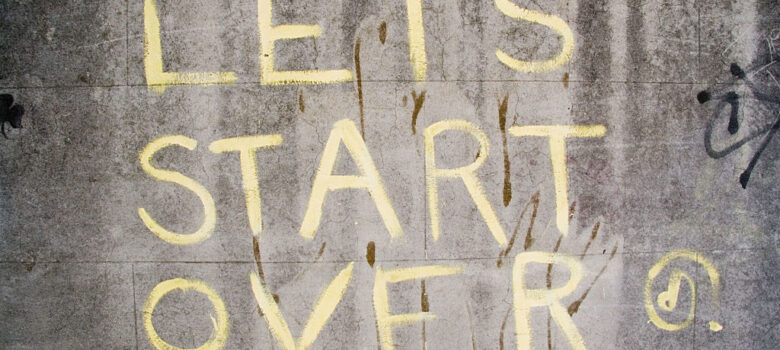Justice Minister Arif Virani and the federal government spent years crafting Bill C-63, the Online Harms Act. After facing widespread criticism on the initial plans in 2021, the government consulted extensively before tabling a revised bill in February 2024 that ditched much of its previous thinking in favour of a more flexible “duty to act responsibly” for Internet platforms. Like many, I’ve argued that the Internet provisions in that bill are much improved and provide a good starting point for dealing with a real issue. However, mounting concerns about the inclusion of Criminal Code and Human Rights Act reforms – alongside doubts about enforcement – have sparked fears that the bill could be used to suppress lawful speech with all three opposition parties expressing concern about the bill’s current structure.
Given the concerns, the government has an uphill battle building public trust in the legislation of which enforcement is a critical component. In short, if Canadians do not trust the two agencies charged with enforcing the law – a future Digital Safety Commission and the current Canadian Human Rights Commission – then no amount of tinkering will save the government’s legislative plans.
Much of the attention on Bill C-63 enforcement has focused on the proposed Digital Safety Commission, which has been granted incredibly broad ranging powers. Yet the appointment of Birju Dattani as the Chief of the Canadian Human Rights Commission for a five year term places the spotlight on the risks associated with the Canada Human Rights Act reforms. As now widely reported, Dattani once went by the name Mujahid Dattani. The government’s due diligence apparently did not include searching under that name and Dattani did not disclose the need to do so. A simple Google search under his former active name would have revealed a deeply troubling record of posts and appearances that call into question the ability for Jewish or Zionist Canadians to get a fair, impartial hearing at the Commission.
Dattani has been apologetic since the revelations earlier this week, but his incomplete disclosure is damaging and the track record runs counter to the very goals of an anti-hate, human rights focused organization. Further, there are already efforts to “memory hole” some of the Dattani evidence. For example, the 2012 report in which he was quoted calling for a boycott of Israel at a rally with cries of “Zionism is terrorism” has now removed his name. The original article is still available here.
The government response has thus far focused primarily on a failed vetting process. Reminiscent of the government’s funding of Laith Marouf or the inexplicable honouring of Yaroslav Hunka in the House of Commons, the emphasis has been on understanding how this could have happened with an “independent review” underway. While process is an important issue, the actual response is far more critical. In the Marouf case, the government has spent months trying to get its money back without success. In this instance, Dattani is a government-in-council appointment that, absent a graceful resignation, will require government action to correct what must be regarded as an untenable situation.
As I’ve argued, this is not a hard call. Virani’s office admits that “it is critical for the Chief Commissioner of the Canadian Human Rights Commission to maintain the confidence of all Canadians and to be seen as an impartial and fair judge of matters before them.” That is simply not possible given the failure to disclose his full record, which includes a history that includes posts to articles that qualify as antisemitic using the government’s own definition of antisemitism. Calls for Dattani’s removal have now come from two of the three opposition parties, with both the Conservatives and the Bloc saying he has lost public trust.
Virani has been a consistent advocate for the Human Rights Commission, but his choice of Dattani may irreparably harm the institution and effectively kill his online harms bill. There is a legitimate case for better regulating Internet platforms to ensure they play a more active role in countering harm that may occur under their watch. But if the legislation is linked to an untrustworthy enforcement system with leadership that raises fairness concerns, it has little hope of garnering the necessary public support and legitimacy. Virani has emphasized the foundational role of human rights legislation in his vision of countering online hate. His choice of Dattani has placed that at risk and his next choice – what to do about it – will impact trust in the entire system for years. Given the stakes, the choice is clear: Dattani must resign or be replaced.








Muslim appoints fellow Muslim. Surprise. Every criticism of Islam will be investigated as a hate crime.
As the person they selected chose to go under the name Mujahid (Arabic for one who engages in Jihad), how can anyone who is not a Muslim not have a perception that they will not get fair treatment?
Wow, look at the Islamophobia in the comments. Who could have guessed that’s where this was going..
It’s vital for the enforcement bodies to be trusted by the public to maintain the integrity of the legal system. We should treat each other with love and respect and not as if other humans are Orcs form LOTR.